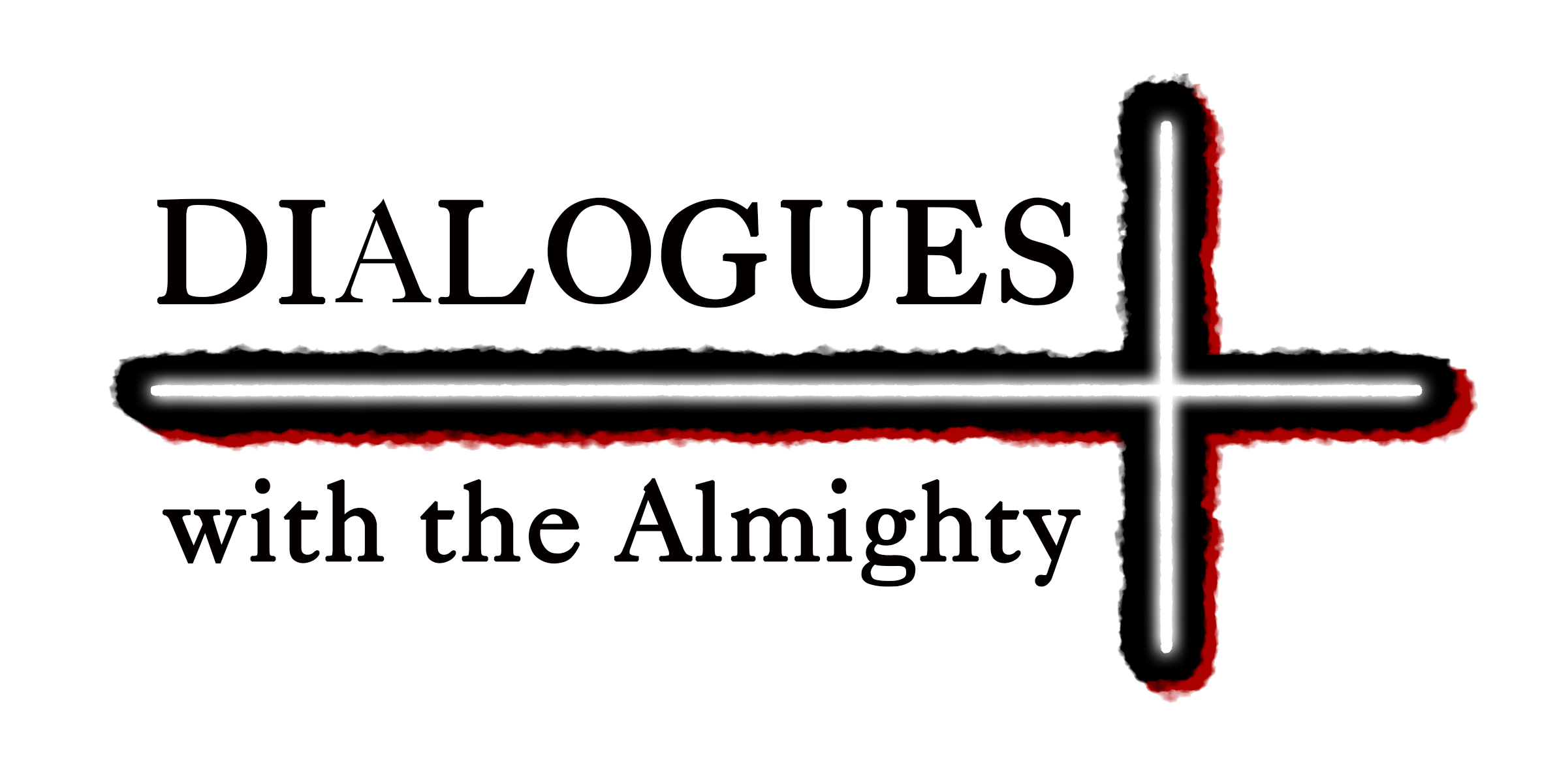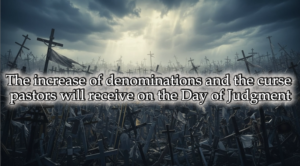My family and I spent four years with a woman who claimed to be one of the two witnesses in the Bible. Through her, I came to believe in God. She taught a mishmash of Christianity, Buddhism, and Eastern philosophy—a veritable hodgepodge of doctrines. She sometimes spoke in tongues and taught various things, but all that remained for me was a lack of warmth, no inspiration, just memories of being brainwashed. It was in those days that I met the teacher.
At first, more than the content of the words, it was the warmth of the teacher’s praise in tongues that I found comforting. It’s hard to fully convey my feelings through words or writing, but one thing is certain: unlike the woman’s tongues—wild, chaotic, repetitive, and frenzied—the teacher’s were like warm sunlight, bringing a peace to my heart I’d never experienced before. Back then, with a heart pierced by sadness and loneliness, I felt a heavy warmth fill it each time I listened, a sensation so wondrous that even now I still long to hear more. That said, it’s not always just warmth. This place gathers people, including myself, who’ve each endured difficult stories and circumstances, so clashes of personality and conflicts are inevitable. Our backgrounds, habits, and weaknesses differ, but seeing how the teachings of the Word were applied and adapted to each individual’s unique shape and form made me understand why the Bible says the Word is alive and able to discern the thoughts and intentions of the heart. Learning why God allows hardships through our bodies and lives—how filthy our sins are, how wretched and stubborn we can be, how incapable we are of following the Word, and how we begin to recognize the habits we were once blind to, feel them, understand others like us, and learn tolerance—this entire process is a life lesson that teaches us humility. This teaching stands apart from the comforting lessons of worldly greats. Yet, human nature is fickle. At first, I felt ready to abandon everything worldly and follow fully, obeying the Word, but as this life grew stifling and tough, I’d wonder, “What am I doing here?” But then, hearing the teacher’s tongues and praise would steady my wavering heart—an utterly mysterious experience. When praise like this reveals the hidden heart of a person and gives indescribable comfort, it becomes clear that it could never have been crafted by human intellect. Unlike human poetry written in letters on a page, it brings a vivid liveliness that gives peace to the heart and becomes a source of strength in difficult moments. In that mysterious way, it feels as though God is truly watching over me
Truth, being light, isn’t always warm and gentle—it can stir a desire to flee. Feeling the truth isn’t just joy and delight; it engraves our sinfulness into our bones through our sins. Unlike teachings that inflate the heart with vague promises like “Believe and it’s done,” this truth digs into the root of why I can’t help but oppose God’s will, making it profoundly realistic. That’s one reason I recognize it as truth.
Unlike a pastor’s words or the dramatic promises of the woman who taught me—phrases like “Believe! It shall be done! Receive the Holy Spirit!”—or baseless slogans like “Jesus to heaven, unbelief to hell,” this isn’t vague or contextless. If God’s providence working in human life were explained with the who, what, when, where, why, and how, it’d be hard to deny it’s truth. For instance, why does an omniscient, omnipotent God create humans who sin? Why doesn’t God punish evil people who commit so many sins? Seeing believers act more wickedly than unbelievers, isn’t God just a human invention? If God exists, why do believers die miserably from cancer or disease? These are common cynical remarks from unbelievers or those disillusioned with Christianity, often seen online. I’ve never seen a pastor address these in a sermon video. But the teacher explains them all clearly, grounded in Scripture. The detail is so precise that I wonder if I’ve ever truly read the Bible—it’s that specific. This sets it apart from other religions, especially pastors’ teachings. Because it illuminates worldly phenomena with Scripture as the foundation, I believe it’s truth.
Sometimes, the sheer volume of this Word feels overwhelming to absorb, some parts only make sense after years, and though it might seem it’d run dry, the teacher keeps sharing new insights. When the level of teaching exceeds what I want to know, I feel too ashamed to ask questions, realizing the limits of my own thinking more clearly. In teaching truth, the teacher uses life itself as the classroom—unbound by place or time. Whether on a mountain, by the sea, in a car, or even in a bathhouse, wherever there’s space, the teacher spreads it. Seeing this—whether in a lecture hall or daily life—shows me that truth is learned in life. I’ve witnessed countless questions and answers over time. What are you curious about? For me, living with the teacher, the questions that stand out are: Does God feel loneliness? Where does the Garden of Eden exist? Why are the saved called the first ripe fruit? And, perhaps laughably, do angels poop? The conclusion is that every question had a clear answer. There was never a question left unanswered, and if someone has received the Holy Spirit as the Bible describes, isn’t it someone who can clearly resolve such doubts about God?
Thus, truth isn’t something we learn on a chalkboard at school or separate from life, like worship at church and daily living apart. It’s a living, vast, profound mystery felt in life itself, deeply piercing my heart. Sometimes it’s the Word’s sharpness revealing my sins, sometimes the warmth of tongues and prayer, sometimes wisdom beyond human limits—these tell me this is truth.
Hearing truth beyond human realms is awe-inspiring. The experiences I’ve listed above are things I dare say no worldly pastor, teacher, or self-proclaimed guide can offer. Yet, the teacher once said, “If seeing wonders guaranteed full belief, why were so many corrupted in Moses’ time?” Tongues and praise are wonderful, but the teaching that resonates most is learning humility before God by realizing our sinfulness through the sins in our lives. That’s what’s kept me here all this time.
.
.
.



